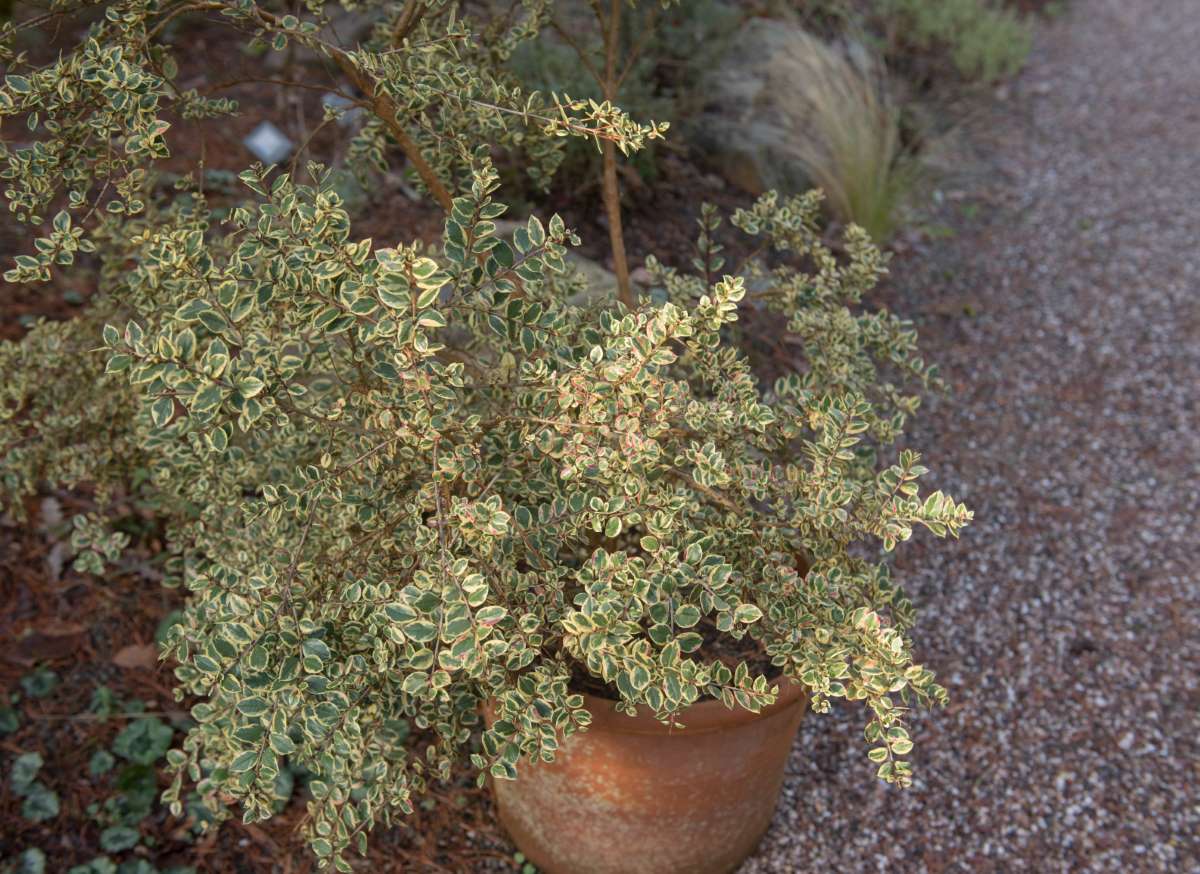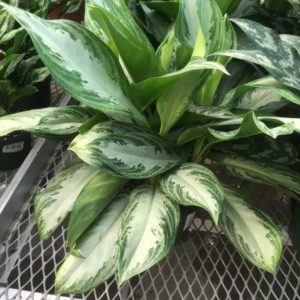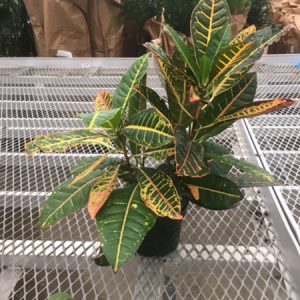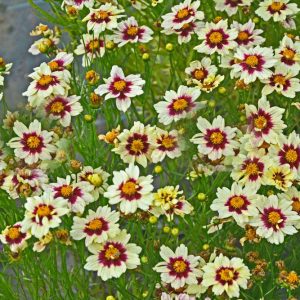Description
Luma –
There are 4 species of evergreen shrubs and small trees in this genus. They occur in woodland in Chile and Argentina. They are mainly grown for their aromatic, small, leathery, pointed, oval, deep green leaves, held in opposite pairs, and their axillary, 4 or 5 petalled, cup shaped, white flowers with a central mass of stamens that open in spring and early summer followed by dark berries.. L. apiculata is also grown for its reddish brown flaking bark which reveal white to pink new bark. Grow as a lawn specimen or in small groups. They may also be used for hedging.
Grow in fertile, ideally humus rich, well drained soil in full sun or light shade.
L. apiculata ‘Glanleam Gold’ – Palo Colorado – Temu – Myrtus luma – Eugenia apiculaata – This upright, bushy shrub or tree is the most commonly grown and grows 10′ feet tall and wide if untrimmed. It has flaking, cinnamon-brown with creamy white bark underneath and broadly elliptic, aromatic, glossy, deep olive green leaves, to 1″ long, with creamy yellow edges, pink tinged when young. From mid summer to mid autumn it bears cup shaped, 5 petalled white flowers, 3/4″ long, with over 150 conspicuous stamens held singly or in few flowered cymes, followed by spherical dark purple berries. Suitable for hedging.
Zones 9-11





